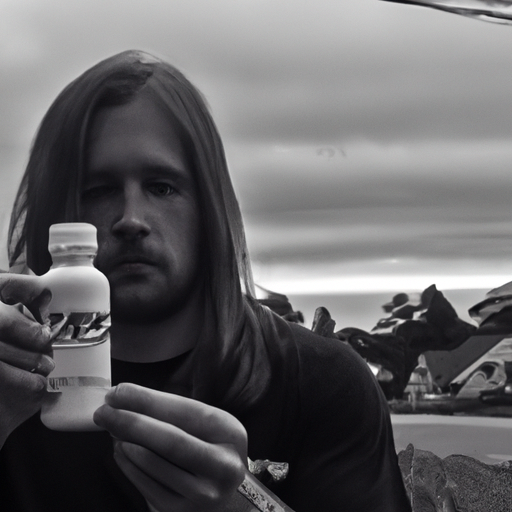Addressing the Canadian Opioid Crisis: Nova Scotia Steps Up
In an unprecedented move highlighting the urgency of Ontario’s blossoming opioid crisis, the province of Nova Scotia has decided to join the national opioid class action against opioid manufacturers and distributers. This step denotes a significant shift in the Canadian approach towards handling the opioid crisis, shifting focus from symptomatic treatment to addressing core causes.
The Opioid Crisis in Nova Scotia
The situational severity of the opioid crisis in Nova Scotia has escalated consistently over the years. Linked with homelessness, increased crime rate, and socio-economic instability, the crisis has had a broad and deep impact on the province. The opioid crisis has significantly strained the healthcare system, social services sector, and the economy. Lives lost, families shattered, and communities distressed—it is an issue of grave importance that screams for immediate attention.
The National Opioid Class Action and Nova Scotia
Taking a bold step towards combatting the spread of opioids, Nova Scotia’s decision to join the national opioid class action is an act of significance. The class action, which includes several other provinces, targets pharmaceutical companies that manufacture and distribute opioids. The lawsuit accuses these companies of marketing these highly addictive prescription drugs without adequately informing the public and medical community about the risk of addiction and other long-term effects.
By joining the opioid class action, Nova Scotia aims to hold these companies accountable, arguing that they should be made responsible for the societal expenditure for treating opioid addictions and its associated impact.
Main Highlights of Nova Scotia Joining the Opioid Class Action
- The province is suing over forty companies involved in the supply of opioids over misleading marketing practices
- The class action aims to recover costs related to opioid use, including healthcare and addictions treatment
- The participation of Nova Scotia may inspire other provinces to participate in similar measures
The Wider Impact and Steps Taken
The lawsuit is just one of the many steps Nova Scotia is taking to address the opioid crisis. The province has been investing considerably in prevention and treatment services, such as preventive education and distribution of Naloxone lifesaving kits. Naloxone is an opioid antidote, which can temporarily reverse opioid overdose effects. The province has also invested in correctional facilities to support inmates with opioid addictions.
The Human Rights Commission, partnering with local organizations, has aimed to provide support and resources for homeless people, who are disproportionately impacted by the opioid crisis. By offering a combination of harm reduction, treatment and recovery services, Nova Scotia hopes to curb the rampant spread of opioid addiction.
Concluding Thoughts
The opioid crisis represents one of the biggest public health challenges in contemporary Canada. Nova Scotia, through joining the national opioid class action, has taken a bold step towards not just mitigating the crisis but also holding those who played a part in causing it accountable. This, combined with steps aimed at distribution of Naloxone kits, preventive education, and support to the most affected groups, signify a comprehensive approach to tackling the crisis.
While these steps mark significant progress, the opioid crisis, with its diverse ramifications, is a complex issue that requires constant, concerted effort. Combating it rests not just with governments, but with community leaders, healthcare professionals, and every citizen. Broader awareness, empathy towards the affected, preventive education, and prompt medical care are the need of the hour.
Key Takeaways
Through actions such as the opioid class action suit and systematic investments in healthcare, preventive measures, and social support, Nova Scotia provides a potential blueprint for other provinces grappling with the opioid crisis. Critical in this battle is holding accountable those entities that have, through negligence or disregard for public health, contributed to the growth of this crisis.
